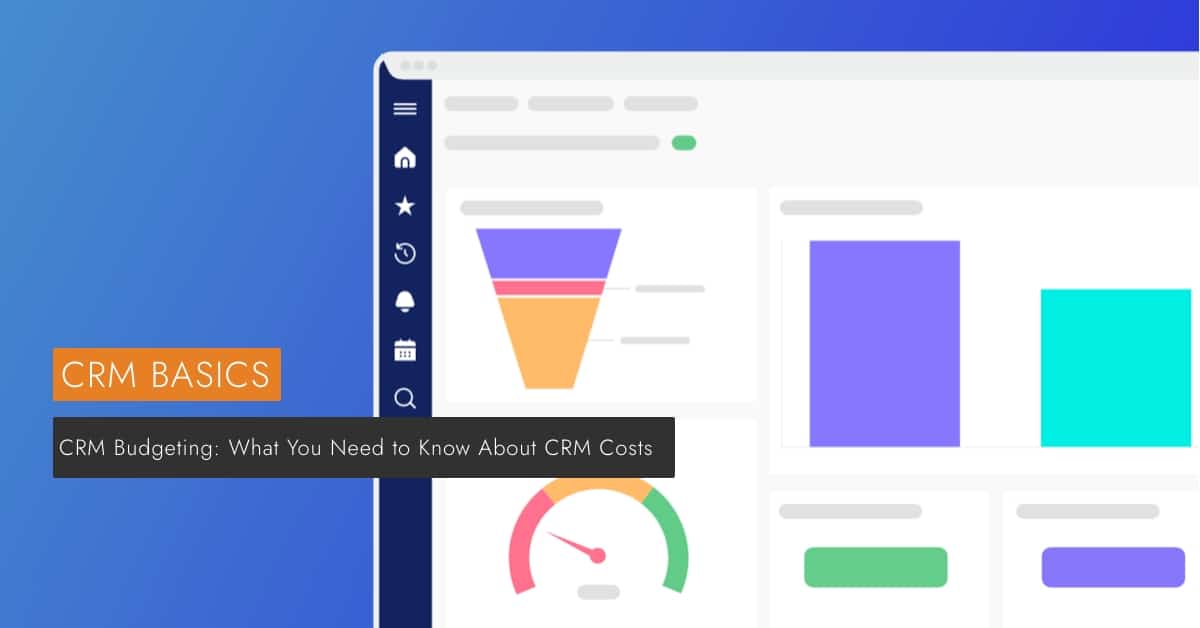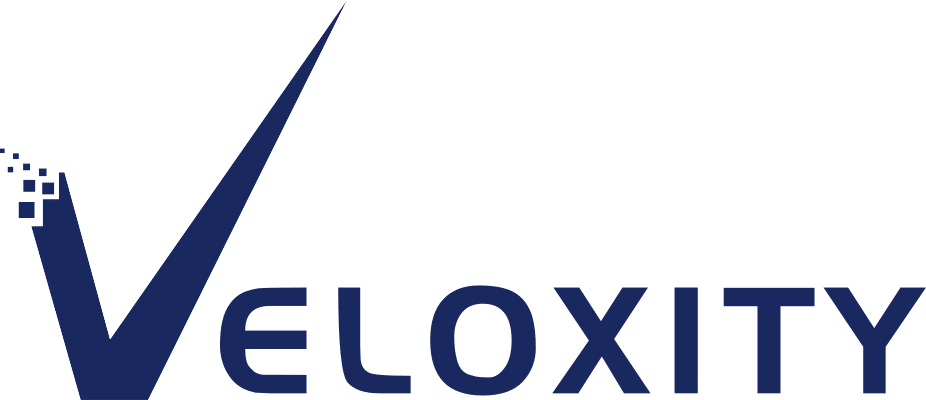CRM Budgeting: What You Need to Know About CRM Costs

Businesses of all sizes are adopting CRM software, but many fail to realize the true cost of implementing and using a CRM, which can sometimes lead to CRM adoption failure.
So, what are the other costs associated with CRM software?
In this post, we’ll help you understand the transparent and hidden costs (time and money) of CRM software, so that your team can set aside a more realistic CRM budget and avoid any unwanted surprises down the road.
CRM Costs: An Explainer
Before you consider your integration needs, ROI (return on investment), and other factors, the first step of a budgeting process is calculating the costs. CRM costs can be divided into two main types:
- Basic costs: this includes the subscription, migration, training, etc.
- Ongoing costs: this includes support, tax, maintenance, staff onboarding, etc.
Basic CRM Costs
The most popular and basic costs of CRM include:
Basic System Cost
This is the total cost of the CRM solution. This cost will vary depending on your type of CRM—on-premise or cloud-based. The majority of cloud-based CRM follows the SaaS (Software-as-a-Service) model, like Veloxity; therefore, will have different ongoing costs.
While on-premise CRM solutions may not charge a monthly subscription fee, on-premise CRM costs include installation, IT support, and server setup costs.
Setup, Integration, and Customization
Setting up and customizing your CRM solution takes time, which takes money. The time you decide to spend on customization and integration will vary depending on your business scope and needs. In addition, integration of the CRM solution will also depend on compatibility, business size, and legacy assets.
The easier the CRM platform, the less time it will take to integrate and customize. For example, Veloxity CRM is simple to set up and use with our out-of-the-box features and helpful training videos.
Data Migration
Many business owners and managers overlook this important step when determining their CRM budget. As the lifeblood of your customer service, you need to ensure that your customer data is safe, secure, and ready to migrate to the platform.
If you’re using a CRM for the first time, you’ll first need to eliminate redundant, old, or duplicate data, which can take a considerable amount of time (and money).
Training
Lastly, your staff must embrace the CRM solution. One of the main challenges of this software solution is user adoption, which is usually due to poor training. The costs of staff training will also vary depending on the CRM solution and your company’s workforce. It is important to account for all prospective training materials and assets that your supplier can provide.
Continuous Costs
CRM solutions also comprise continuous costs. The main costs include staff onboarding, support, and maintenance.
Staff onboarding
Let’s not forget that training doesn’t just happen once, but every time a new employee joins your team. Making sure that the right onboarding and training has been done can help to minimize this cost.
Support & Maintenance
All software solutions can experience outages or maintenance issues, including CRM solutions. You will have to adjust your budget to cover these costs. Before you sign on the dotted line, be sure to check out the hidden costs associated with support and maintenance costs.
Many CRMs offer dedicated customer service as an add-on or as part of a premium edition. Consider how much ongoing support your team will likely need and be sure to budget for that added cost.
Veloxity’s customer support team is available during business hours, but if customers are ever looking for extra support, they can take advantage of our Help and Learning Center for any questions or platform issues they’re experiencing.
CRM Budgeting Guidelines: Breaking Down the Investment
Similarly, budgeting for a CRM solution has to account for the value of the investment. Several CRM solutions are not tied to the company’s revenue directly; thus, it is near impossible to analyze them in terms of received revenue.
Nevertheless, two metrics can account for the cost of your investment:
- Revenue impact
- Return on investment
Revenue Impact & ROI
A marketing-oriented CRM implementation is probably the simplest way to measure revenue figures. Marketing increases revenue, which, in turn, provides quantifiable metrics. You can effectively gauge the ROI by comparing old and new revenue figures.
This can help to make informed budgeting decisions. However, even if your CRM solution does not deal with revenue per se, you can analyze several metrics to see the effectiveness of the solution.
Revenue Per User and Revenue Per Transaction
Since CRM solutions are designed to enhance customer relations holistically, there will be notable effects on consumer purchase behavior. A great customer experience means higher customer purchases, which will significantly increase the business revenue.
Additionally, by retaining your existing customers, your retention costs will be less than the cost of acquisition.
The Effect of the CRM Solution on Cost of Customer Acquisition
Although customer retention is greatly appreciated in an organization, new customers are considered the powerhouse of the organization. CRM solutions possess a notable impact on acquisition of customers through these assets:
- Profitability analysis
- Customer segmentation tools
- Personalized marketing outreach
These assets can impact the customer acquisition process drastically, and must be included when budgeting for CRM.
Conclusion
CRM budgeting is no easy feat. It requires plenty of input and alertness. It may seem as simple as calculating your monthly subscription fee, but don’t forget to account for ROI, secondary costs, and the impact of cost-efficiency.
Our recommendation: Do your homework when researching for an ideal CRM solution for your business. Don’t skip this discovery stage, and take care to write a thorough list of your business needs. We also recommend taking full advantage of a free demo version before deciding to buy.
Try Veloxity CRM today!
